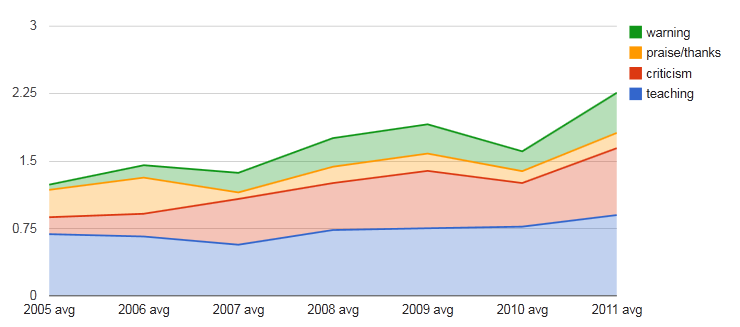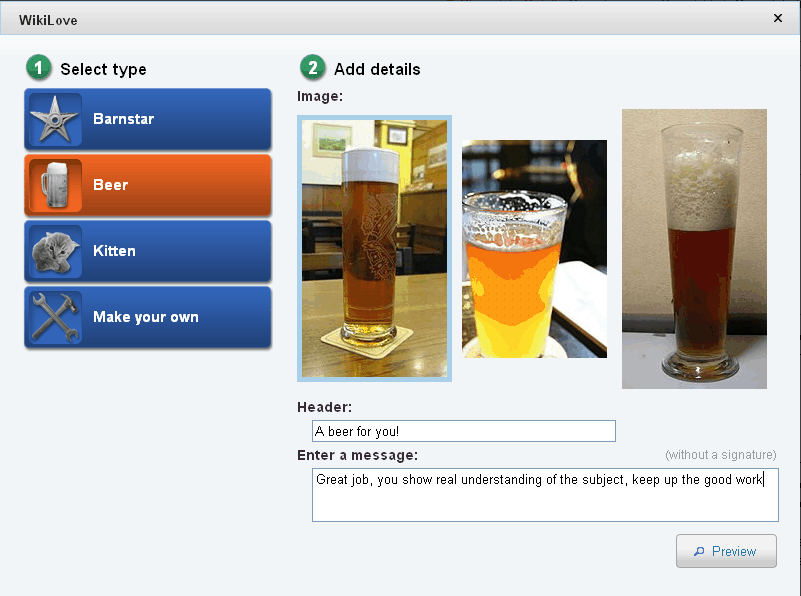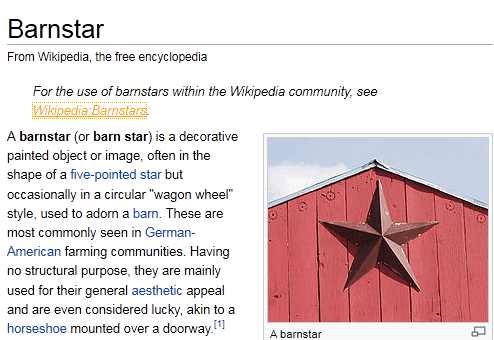| WikiLove to encourage newbie editors? |
| Written by Sue Gee |
| Sunday, 26 June 2011 |
|
Love buttons are an increasingly commonplace way to rate content, but the new WikiLove feature isn't going to show on Wikipedia's pages. Instead it is an experiment in appreciation that will be confined to the community of editors.
The whole idea of Wikipedia is that anyone can contribute to its store of knowledge and volunteers are needed to edit articles to ensure they are correct, up-to-date and to eliminate spam. As with any community that has already established a pecking order gets established, even though it accepts that it needs a constant supply of new members, newbies are likely to be regarded with suspicion and run the risk of being pecked so severely that they retire hurt. In the most recent Semi-Annual Survey of Wikipedia editors the factor most likely to deter new editors from contributing was “being looked down on by more experienced editors”, while “having others compliment you on your edits/articles” is the most likely to cause them to edit more frequently. The Wikimedia Blog goes on the chart the way in which the ratio of criticism to praise (yellow) has varied as Wikipedia has evolved and shows a marked increase in negativity (green and red in chart) that has increasingly squeezed out encouragement (yellow) over the years from 2005 to the present.
(Click to view)
It comments on the fact that this bias towards the negative is perhaps in part an artifact: The drive for quality and reliability has led to the development of sophisticated automation mechanisms that aid in socializing new users to Wikipedia’s norms, policies and conventions. The act of expressing appreciation for other users, by contrast, is a largely manual effort. WikiLove is intended to make it easy to show appreciation and to encourage people to do so by making the feature fun to use. It originated from a small gadget built by Ryan Kaldari, a Wikimedia Foundation developer, and has been developed it into a full feature by the new editor engagement team at the Wikimedia Foundation. You can see below that it is pretty intuitive:
(Click to view)
If you consider a barnstar (a term only Wikipedians would choose) is appropriate there is a drop down list of some thirty situations in which it could be awarded. In this first version beer (male-oriented?) and kittens (female-oriented?) are provided as alternative options, which may be tempting criticism for being far too stereotypical. However user are encouraged to use the "Make your own button" to create personalised praise messages and hence avoid or inject even more stereotypes.
The feature is already under test on Wikipedia's prototype site and is intended to go live on the English Wikipedia on 29 June. It will however only be visible to logged in users and if they don't wish to use it they can disable it in their My Preferences. WikiLove is an experimental feature and has in-built monitoring tools to measure how frequently it is used and its affect on "(new) editor activity". Does the inclusion of new in brackets mean that the Wikipedia Foundation is worried that it might ruffle the feathers of its senior editors? That is the problem with all attempts at social engineering. You can please some of the people some of the time - but you run the risk of displeasing some others and there may be consequences.
If you would like to be informed about new articles on I Programmer you can either follow us on Twitter or Facebook or you can subscribe to our weekly newsletter
|
| Last Updated ( Sunday, 26 June 2011 ) |



